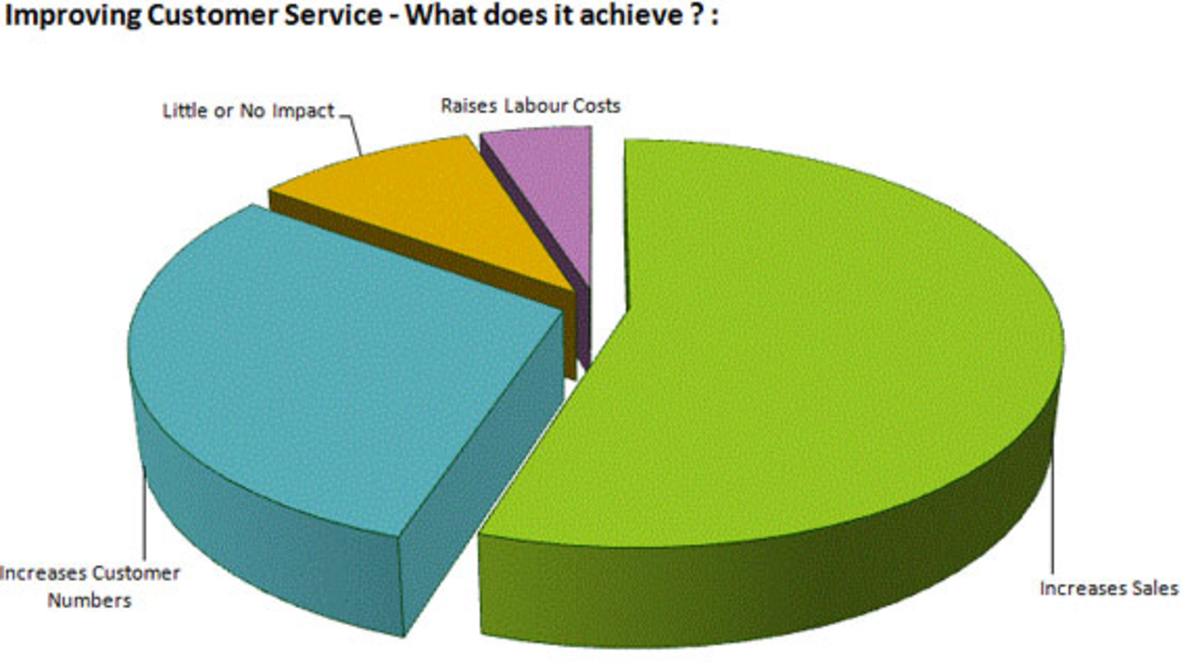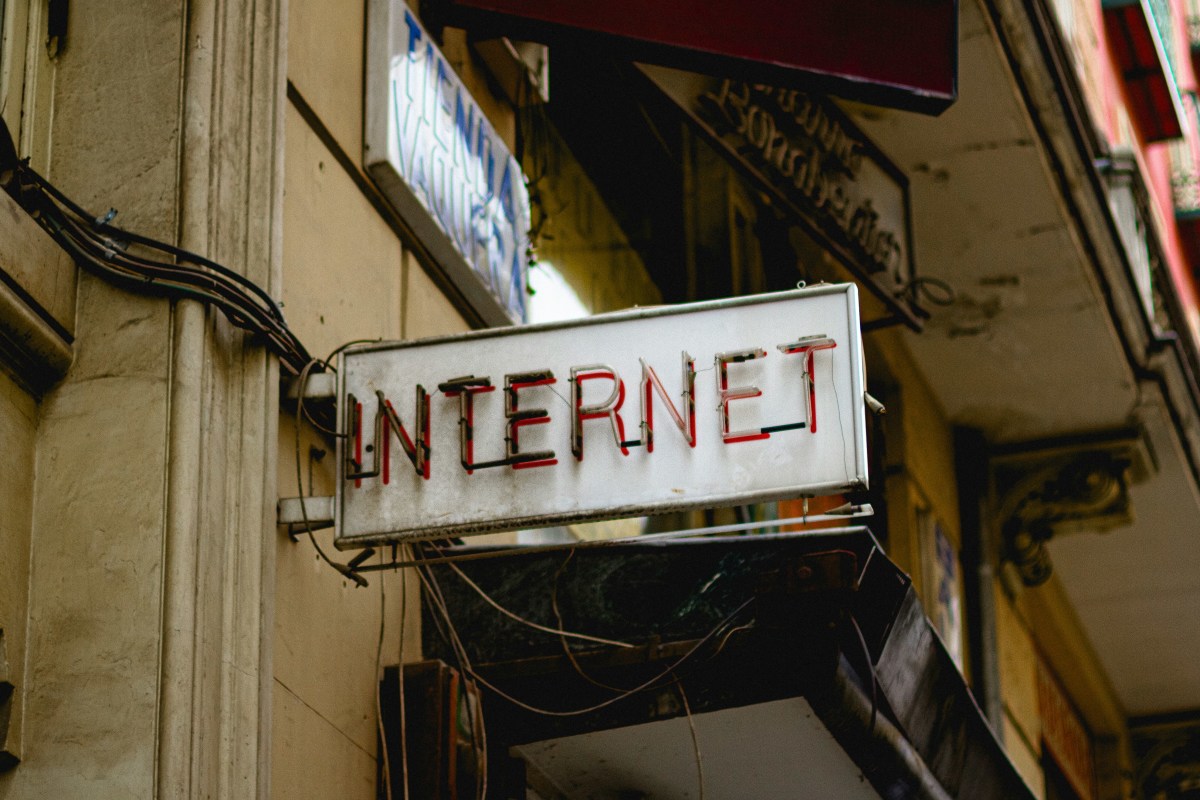Why markets fail & Govt intervention
Le Grand[i] suggests society’s principle objective is to achieve an efficient and equitable level of resource allocation. One method used in an attempt to achieve this is through the market system. The market mechanism dominates current economic organization throughout the world.
Under certain conditions markets will provide the optimum level of output MSB = MSC. However if these conditions are not met, markets will fail and depart from the socially optimum level of output. As you read on I will be discussing why markets fail, the methods of government intervention and its justification.
One of the reasons why markets fail is due to imperfect information, whereby individuals are not the best judges of their own interest and are not able to figure out what will benefit them. Health care patients do not have the full capacity to evaluate treatment methods. Parents may not be able to see the benefits of education or have the right information on what school to send their children. This lack of information will mean the actual demand for the commodity will not reflect the actual benefits derived from consumption.
Another source of inefficiency in the market is with the existence of public goods. Street lighting is a public good, an individual consuming the light at night wont restrict the supply to others, making it is a non rival good. Also it would be difficult for individual’s consumption to be restricted, as they only have to walk outside their house, hence street lighting is a non-excludable good.
If markets provide public goods it would create problems such as the free rider effect. No rational individual would buy street lighting, as they would know if someone else buys it they could consume it for free. As a result the market will provide a lower output due to the fact that individuals will understate their desires to pay for non-excludable goods.
Market failure can also result from the existence of externalities, which arise when consumption or production directly affects a third party.
Externalities can be put into two categories, for example an individual smoking cigarettes has a negative impact on others (negative externality) and an individual receiving treatment for a disease has positive implications on others (positive externality)
A firm that produces a product causing pollution does not take into account the costs of pollution on the welfare of others due to the absence of property rights. Therefore the market will produce a larger than optimum level of output, due to the divergence between the private and social benefits of the product.
Equity can be defined as equal treatment or minimum standards. The presence of imperfect competition in the market gives rise to equity problems. Monopoly providers may have the power to be price makers, setting high prices and making supernormal profits. Therefore individual’s access to commodities provided by monopolists will depend on income and the poor may be unable or unwilling to sacrifice spending on other commodities.
In relation to other social objectives markets promote freedom of choice due to the existence of competition. Markets however promote personal attributes such as greed, which fails to create a good sense of community environment.
Government intervention in a market can be justified for all the reasons described above. The main methods the state can use in order attempt to rectify market failings include provision, tax/subsidy and regulation. These methods can be used in combination such as provision and subsidies but can also be used in isolation.
Government provision is when the state runs, owns and provides the good or service. Its intention is to produce at the socially optimum level, which the market may have failed to achieve. In the UK, the National Health Service is owned by the government, which employs doctors and nurses in the public sector. There are certain implications of government provision, using the NHS as an example, hospitals will have monopoly status therefore the incentives to efficiency are reduced due to lack of competition. So it is possible that the NHS will become inefficient. Government’s motivation for provision may be to provide at the social optimum level however due to other factors such as monopoly status and lack of competition it may fail to meet efficiency objectives.
Is provision necessary, can other forms of intervention such as taxes and subsidies provide us with a better outcome?
Subsidisation in health care is an attempt to tackle positive externalities by increasing consumption nearer to the socially efficient level and help the poor to have access to health care.
When a commodity like health is subsidised and is provided free at the point of use the only costs consumers face is time, travel and extra taxation. Due to these costs being relatively minimal for the majority demand for health would be greater than the socially efficient level. Customers will consume until their individual marginal benefit is zero. This excess demand has subsequently resulted in long waiting lists affecting equity objectives. In addition the pursuit of self-interest by bureaucrats rather than the interest of citizens may lead to an inefficient and inequitable allocation of resources.
Professional doctors have their own interest of maximising income and status, which is dependent on the number of patients. This in turn will result in patients being under treatment as the doctor may have a room full of patients.
Taxation is used by the state to redistribute income in order to achieve equity and to control negative output, so that the socially efficient level can be accomplished.
Producers and consumers thinking that natural resources are limitless may over consume. Government attempts to internalise the externality by making producers and consumers take them in to account when making decisions. The classic method used is taxation, if an individual drives their car to work everyday causing pollution, a tax can be levied in order to increase the marginal private cost to the consumer so it is equals the marginal social cost MSC = MPC.
As a result the quantity produced and consumed will drop to the social efficient level.
The problem with taxing is what level of taxation should be imposed? It is very difficult for the state to accurately assess the benefits and costs a particular commodity has on every individual.
If taxes are set too low it wont have an impact, if their set too high it could lead to problems such as the creation of grey markets as producers and consumer avoid paying taxes. For example due to the landfill tax there has been a significant rise in fly tipping. Also people on low income have faced increases in tax on cigarettes and alcohol, which means they will be worse off thus creating equity problems.
An efficient level of output can be accomplished but the need for information is vital in order to achieve a balanced rate of taxation.
Regulation is another form of state intervention whereby governments control prices to achieve the optimum social levels of equity and efficiency.
Again it is difficult to assess the correct level of regulation without accurate information. The other disadvantage of regulation is enforcement. Regulator and producers may develop personal relationships leading them to be more considerate to producer’s interest, which could lead to an inappropriate level of regulation.
Examples of regulation include stricter controls on pollution levels, minimum wage and banning of cigarette advertising.
Minimum wage regulation may be an attempt to tackle the problem of equity however it can cause greater costs for the firm leading to a lower output, increases in unemployment and a general decline in the economy.
Taking other social objectives into account, state intervention promotes more of a sense of community due to everyone using the same services such as the NHS.
However it restricts individual’s liberty and freedom of choice due to lack of competition in government provision.
When markets exhibit signs of failure some corrective form of state intervention is usually required.[ii] However state intervention to correct the failures of the market may make things worse due to unintended consequences. Health subsides is an attempt to resolve the problem of equity however the unintended consequences include bureaucrat inefficiency and greater demand than is socially efficient, which adds to the problems encountered through market allocation. Also government provision to produce at the optimum level may lead to monopoly inefficiency.
I think unintended consequences arise due to the state’s tendency to look for short-term solutions rather than looking at the long-term picture. This is partly the reason why there have been continual attempts made to rectify state failures such as the introduction of quasi markets in health care, an internally simulated market used to promote efficiency and quality.
Pure market solution to resource allocation cannot be relied upon to promote social objectives and that a mixture is needed so the benefits of both can be utilised.
Therefore state intervention is justified by market failure however the methods used to resolve failures entail unintended consequences, which need to be taken into account when weighing up the costs and benefits of each method.
[i] J. Le Grand, C. Propper and R. Robinson. (1992). The Economics Of Social Problems. (3rd ed). Macmillan.
[ii] C. Mulhearn and H.R. Vane. (1999). Economics. Macmillan








